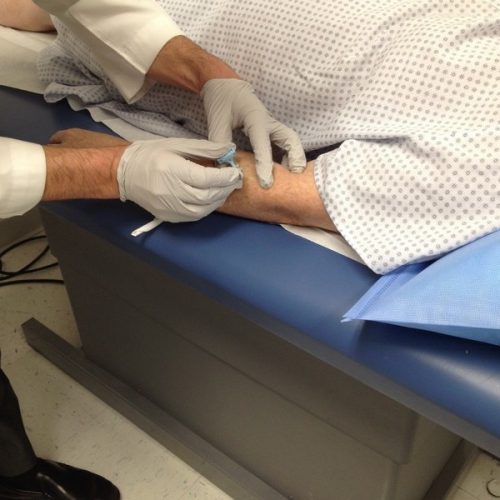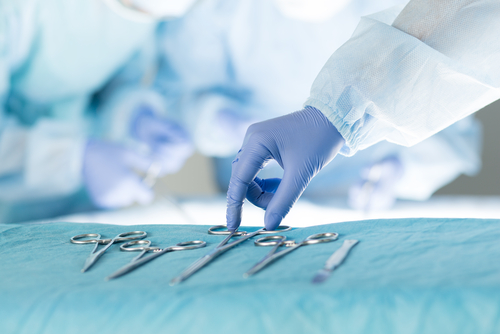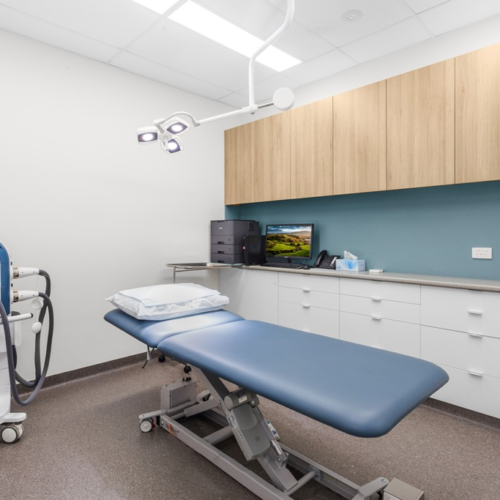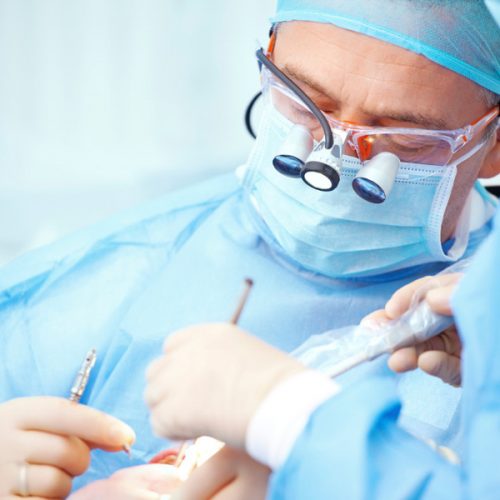
Surgical Treatment For Skin Cancer
There are three types of skin biopsy
Shave Biopsy
- These biopsies are useful for skin cancer diagnosis
- The skin is numbed with local anesthetic and then a small sample of the lesion is taken.
- No sutures are required and the wound heals quickly
Punch Biopsy
- These are useful for Rashes and inflammatory skin issues.
- A deep (to fat) core sample (usually 3-4 mm) is taken .
- The site may or may not be closed with a suture.
Excisional / incisional biopy
- When a larger sample is required
- Often used for potential melanoma.

CURETTE AND CAUTERY
This is an option for superficial forms of basal cell carcinoma and squamous cell carcinoma (eg bowens disease).
Description of procedure
The area is numbed with an injection of anaesthetic
A looped curette is used to remove the tumour until normal skin is visualised. The base is cauterised using a hyfrecator.
The process is repeated.

SKIN EXCISION
Excision of skin cancer remains the Gold standard treatment for skin cancer.
Lesions are removed with a margin determined by your Dermatologist based on tumour characteristics.
With the correct margins excision cure rates are greater than 95%.
South East Dermatology Stafford has two purpose built theatres for surgery.

MOHS SURGERY
A MOHS surgeon is a Dermatologist who has completed additional surgical training to undertake MOHs surgery.
This is a specialised surgery where the surgeon examines the entire edge of the excised lesion at the time of surgery.
If there is residual tumour the surgeon removes the involved area only. This reduces unnecessary excision of skin and is particularly useful in cosmetically sensitive areas.
Cure rates for this surgery approach 98-99%
Your Dermatologist will advise whether MOHS surgery is the best treatment and can organise referral.



